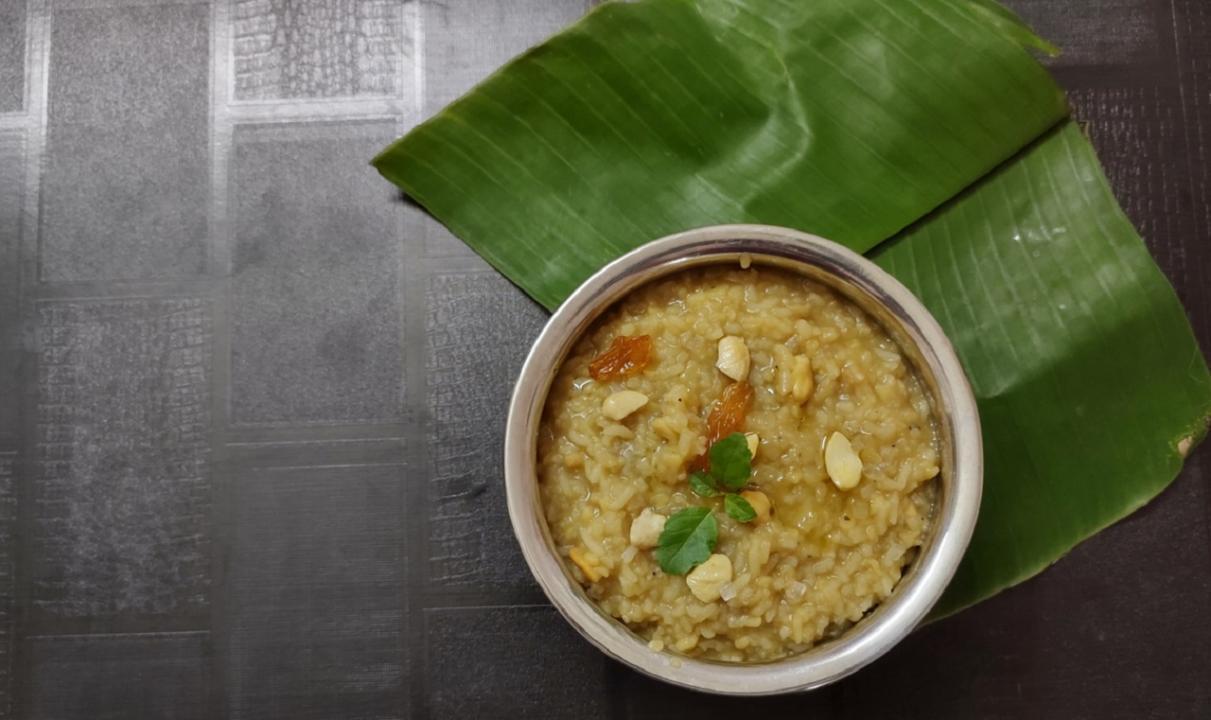This year Pongal will be celebrated during mid-January – from January 15 to January 18.

Representative Image. Pic/iStock
A harvest and thanksgiving festival in Southern India, popularly known as Pongal is celebrated among the Tamil communities. The festival marks the shift “to springtime after winter solstice”.
ADVERTISEMENT
This year Pongal will be celebrated during mid-January – from January 15 to January 18.
Like Makar Sankranti, this festival is also dedicated to the sun god – Surya. This festival is celebrated under different regional names in India. Bhogi Poongal, Surya Pongal, and Mattu Pongal are the three days of the Pongal festival. Kanum Pongal is a fourth day of the festival celebrated by some Tamils, mostly in Southern India. This harvest festival is sometimes called Thai Pongal.
In historical context, according to PongalFestival.org, “Pongal can be traced back to the Sangam Age i.e. 200 B.C. To 300 A.D. Although Pongal originated as a Dravidian Harvest festival and has a mention in Sanskrit Puranas, historians identify the festival with the Thai Un and Thai Niradal which are believed to have been celebrated during the Sangam Age.”
Also read: Pongal 2023: Puja, timings, significance, here's all you need to know
Stories behind the Pongal festival have different versions. One story elucidates it with Lord Shiva and Basava. According to the website aanmeegam.in, the story reads, “Once Lord Shiva sent his bull Basava down to the earth and ordered him to ask people on earth to eat once a month and have an oil massage bath every day. But, unintentionally Basava informed them to eat every day and have an oil massage bath once a month. Raged with anger, Lord Shiva expelled Basava from Kaylaya and banished him to live on earth forever and hence he happened to help people on earth to produce more food. Farmers started celebrating Pongal to show their gratitude towards Basava who helped in producing more food and hence people celebrate cattle during the festival as a means of thanksgiving.”
 Subscribe today by clicking the link and stay updated with the latest news!" Click here!
Subscribe today by clicking the link and stay updated with the latest news!" Click here!







